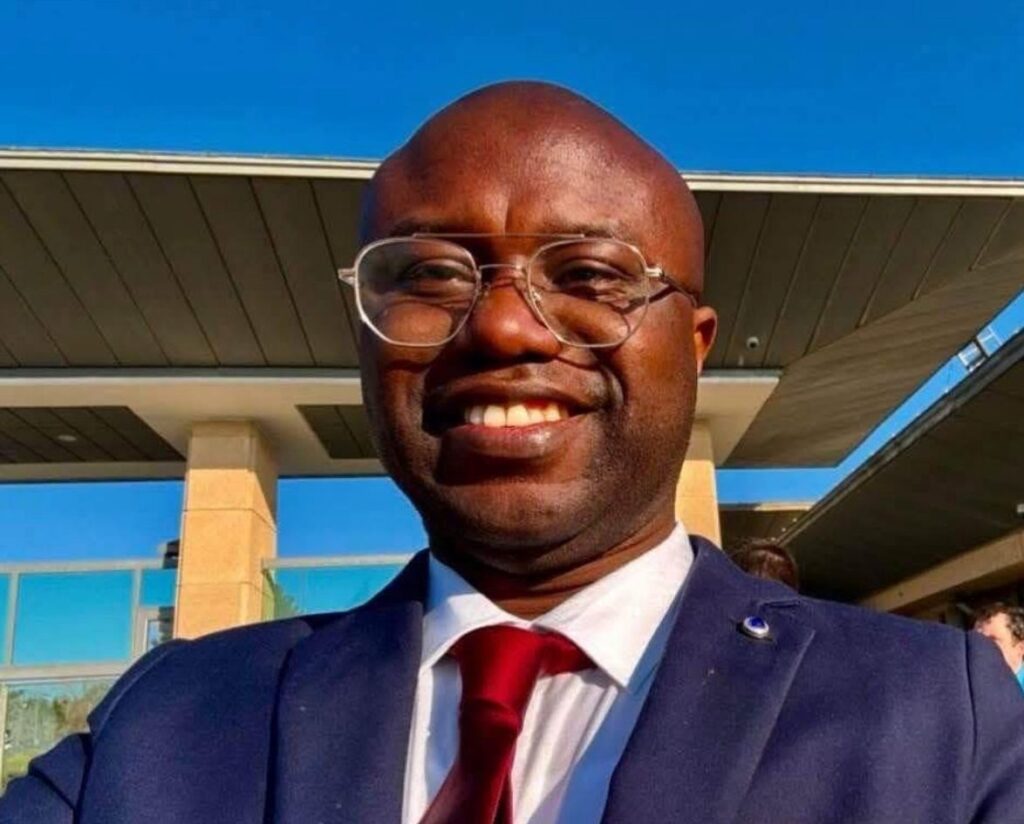By: Akoi M. Baysah, Jr.
In a speech that resonated with the urgency of grassroots activism and national discontent, Togar Alexander Bealded accepted his appointment as the International Coordinator for Media, Communications, and Publicity for the upcoming “WE THE PEOPLE” protest scheduled for July 17.
The appointment was formally announced today in Monrovia, where Bealded delivered a fiery and impassioned address that laid bare the growing frustrations of Liberia’s citizens.
Bealded, a seasoned communicator and public mobilizer, cast his new role as more than ceremonial—it is, in his words, “a responsibility… to give global visibility to the pain, the hope, the courage, and the demands of a people who refuse to be ignored.”
With references to real-life struggles faced by ordinary Liberians—market vendors, motorcyclists, teachers, nurses, and civil servants—Bealded painted a vivid picture of a nation at a crossroads.
He accused the government of President Joseph Boakai of executive overreach and called for systemic reforms, including the constitutional right to recall elected officials and enforce greater transparency and equity in governance.
“The July 17 Protest is not just a date—it is a declaration,” Bealded proclaimed, calling the event a unifying moment for all Liberians, regardless of ethnicity or status. He described the protest as a collective stand against corruption, injustice, and economic disparity.
While the speech positioned the protest as political, critics may argue that its tone and demands align closely with the opposition’s agenda. Bealded, however, maintained that the movement is about “people, not politics,” and repeatedly stressed its inclusivity.
He also paid tribute to Mulbah K. Morlu, widely considered a political firebrand, calling him the “maestro and indefatigable” figure behind the movement—a statement likely to stir debate over whether this protest is indeed grassroots-led or orchestrated by established political actors.
Bealded emphasized the role of the Liberian diaspora in raising international awareness and media coverage, vowing to “ensure the world hears us—not as a cry of despair, but as a roar of determination.” Plans for coordinated social media campaigns and traditional media outreach are expected to unfold in the coming weeks.
As the July 17 protest looms, attention is now turning to how the Boakai administration will respond. Security implications, civic engagement, and the mobilization capacity of organizers remain key questions.
The stakes are high, and the protest could become a litmus test for Liberia’s democratic maturity.
In his closing remarks, Bealded issued a direct appeal to citizens and leaders alike: “To those in power: we are not afraid. To those still watching from the sidelines: join us.”
Whether this protest marks a significant turning point or simply adds to Liberia’s long tradition of civic resistance remains to be seen.


